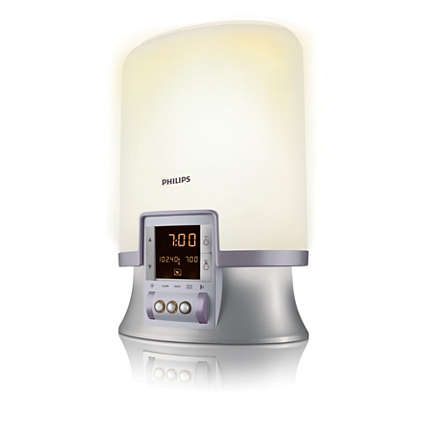
In the previous post I mentioned sleep… Its something which is so important and since I’ve been tracking my sleep for many years. I have noticed how much better my sleep has been in relative times compared to before Covid19. Its strange but I’m getting about 8-9hrs a night and its good quality sleep.
Except when I eat silly things, my sleep quality is up by half a point across the board in the last 90 days.
I was reminded of Matthew Walker on rethinking sleep a part of BBC’s Rethink series. Matthew proposes a radical rediscovery of how, when and why we sleep during the pandemic of covid19.
Our sleep does seem to have changed during the pandemic there’s some emerging data from some sleep tracking companies that suggests people are going to bed at different times than they were before but also typically on average waking up a little bit later. Now for some people overall that means that they are getting actually more sleep. I think what we’ll find is that when we look at the data that’s probably at least two clouds of results. There are some people during the pandemic who will have been struggling with sleep and being getting less and it’s more difficult. Then others who are actually getting more, but I think what we’re really seeing in this data is that people are starting to sleep more in harmony with what we call your chronotype. In other words, are you an evening person are you a morning person or are you somewhere in between?
I’m certainly a evening person, I say typing this at 2am. I am also getting more sleep than I use to generally. I know its massively unfair but its what it is. The other night I took part in 3 podcasts and the last one ended at 1230am BST, and I felt great. Went to sleep a hour later and woke up 7.5 hrs later no problem.

It turns out that you don’t really get a choice in that as it’s largely genetically determined, so it’s hardwired but what does this mean for the future then or what could it mean for the future in terms of sleeping well. Perhaps when people return to work, what if we asked everyone to fill out a very brief set of questions and we asked them about their preferred sleep times. When they would prefer to wake up when they prefer to go to bed. Companies can then start to try and accommodate as much as they can people’s individual work schedules?
I think this would be a fantastic idea. No harm in asking, you don’t have to fill it in but for evening people this could be a massive change. I’m currently working 11-7pm.
The notion of working 9-5pm fills me with fear to be honest, but I also know people who are doing 7-3pm and 8-4pm. Hence it would be useful in the other direction too.
That way they allow the employee to start sleeping in a much more compatible way with their biology rather than in conflict which is what many of us seem to do in this modern world society is really designed to bias and favor these morning types, but there’s a great big range and as a consequence we could have better rested employees and better rested leaders. We know that more sleep does equal more productivity. It’s not true that less sleep makes us more productive.
I think thats the main point, its biology not lazyness or all the other things people say. If you want the best out of employees, now is a perfect time understand what naturally works for them. Larks or owls its worth understanding from a business point of view.

I’d love to get an idea of the percentages of the population would naturally go for later (owl) and would go for earlier (larks), if they were not on mass socially engineered into the 9-5pm?










